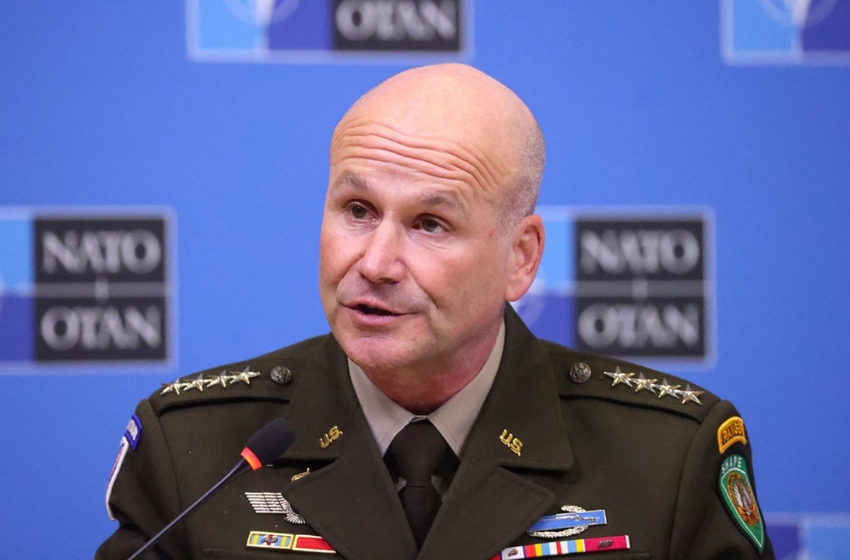Russia currently lacks the military potential for a rapid offensive in Ukraine due to problems with manpower. This was stated by U.S. General Christopher Cavoli, NATO's Supreme Allied Commander Europe, during a discussion at the World Economic Forum in Davos, writes VoA.
The discussion, titled "Peace through Strength," also included Swedish Prime Minister Ulf Kristersson, Finnish President Alexander Stubb, and Belarusian opposition leader Sviatlana Tsikhanouskaya.
When asked how the situation on the battlefield might evolve this year, the commander responded:
"I'm not worried that Ukraine might suddenly lose. I don't see the potential for a massive breakthrough by the Russians. This is not a political, but a military assessment. It has to do with the situation on both sides—effective defense by the Ukrainians, but also difficulties for the Russian side in creating substantial offensive forces to make a potential breakthrough."
According to General Cavoli, this year will see many more smaller offensive operations.
"We see that they are exhausting for Russia. There is a reason why Russia brought thousands and thousands of soldiers from North Korea," the commander analyzed.
_1737552296.jpg/2sVecBFbWGggAGedAONWQ2SevPkySUsqW5LBnr4X.jpg)
"I think we will continue to see this tension between the desire to advance and the lack of manpower on the Russian side," Cavoli added. "I think this will largely define the conflict and force the Russians to use more deterrence weapons, as we've seen them do in recent years."
He also evaluated how the situation on the front might change if a new U.S. administration reduces military support for Ukraine. Cavoli doubts that Kyiv has received its last major military aid package, and that U.S. support will end.
"First of all, this is hypothetical, and we need to be cautious about that. Secondly, I would point out the significant increase in European assistance to Ukraine, particularly in the area of ammunition. There has been a noticeable increase in the production of artillery shells and rockets from our European allies," said the American commander, adding that he expects further increases in support for Kyiv from Europe.
Swedish Prime Minister Kristersson said that Europeans can do more to help Ukraine:
"And our strongest argument to the U.S. to remain committed to supporting Ukraine is for Europeans to be role models. This is the only way for us to truly be trusted when we ask American taxpayers: 'Please, stay committed to what’s happening in Ukraine.'"




















